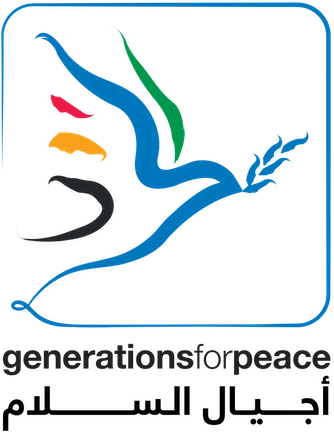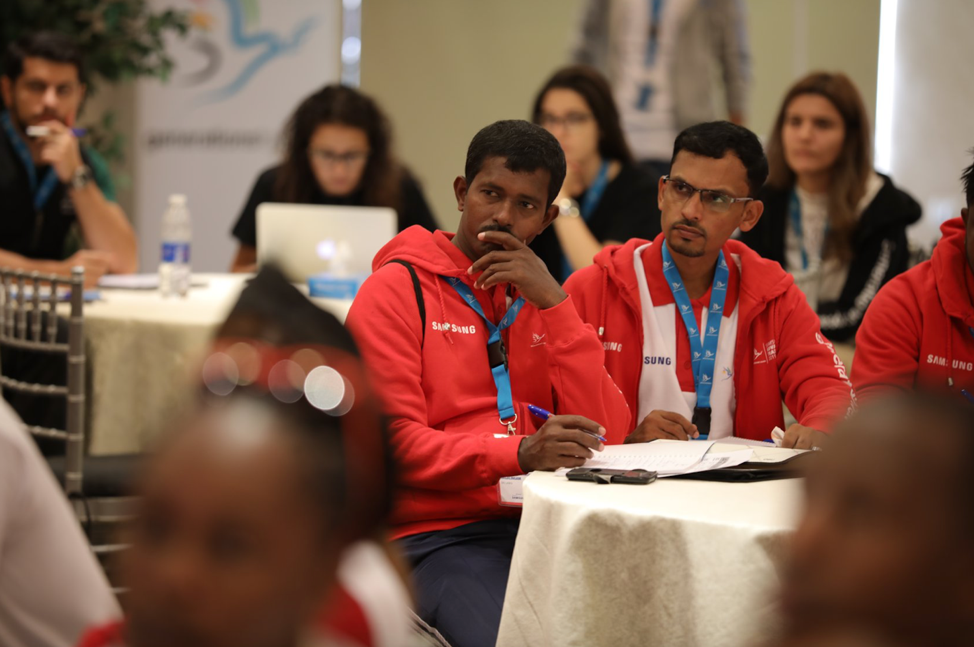By Somasundararajan (Rajan) Kilinochchi, Generations For Peace Pioneer – Sri Lanka
When COVID-19 first broke out in Sri Lanka, the country reacted quickly to prevent its spread by creating border control expert teams, tracing the movement of tourists visiting the country who potentially were carrying the disease, and immediately quarantining those who had been in contact. This efficient and effective response allowed my country to be ranked the 9th best country in the world to tackle COVID-19.
Despite these efforts to contain the disease, Sri Lanka has been crippled by fake news threatening to damage the progress made. Some of the pieces of fake news circulating on social media tried to spread fear amongst our communities, others promoted false and unscientific methods to protect yourself from COVID-19. Some of the articles even sought to incite racial and ethnic hatred against certain groups in our society by incorrectly claiming they were the cause of the pandemic. The spread of fake, and often malicious, news became so damaging that it is now punishable by arrest.
The effects of fake news have been felt by every person in Sri Lanka, including myself. Every time I would read something about the COVID-19 pandemic on social media, I would not be able to easily determine if the source was trustworthy or if it was just fake news. With so many rumors flying around, I could not tell what was real anymore.
As an active volunteer and local peacebuilder, I felt responsible to help find a way to fix this issue before the fake news jeopardized the peace maintained in our community. I took the first step to seek trustworthy information regarding COVID-19 directly from the World Health Organization (WHO). Through some research, I was also able to find that the WHO had created resources to be shared to the public in the locally used Tamil language. This was really useful as allows the locals to thoroughly understand, while preventing possible misinterpretation caused from translation. Once I began to share on my social media platforms, I was delighted to see others were also sharing and seeking information from the WHO directly instead of sharing from untrustworthy sources.
This pushed me to seek more opportunities to help my community and reach those most vulnerable to being infected. Led by the belief that accurate information should be available to all, I volunteered to join a local medical team to educate the rural community using their preferred languages on the importance of practicing physical distancing and maintaining good hygiene, such as frequently and thoroughly washing your hands.
Despite these efforts, I know that many people are still suffering, and this led me to think of ways I could further my impact outside of social media. As seen around the world, the coronavirus has worsened inequality, affecting the poor harshly. Many people who were struggling before the outbreak have seen their struggles intensify. As a result, I initiated initiatives to feed those most in need during this time. With the help of fellow volunteers, I am proud we have safely distributed relief food packets to 165 local families who are in need of help.
These are small steps, but I strongly believe that if we work together and abide by precautionary measures, humanity will prevail. The coronavirus does not discriminate based on religion or ethnicity, and neither should we. Now more than ever, we must all come together as humans to help one another.
Sign up for our e-newsletter to learn more about the impact of GFP on local communities around the globe and donate here to support our programmes in the Middle East, Africa, Asia, and Europe.




